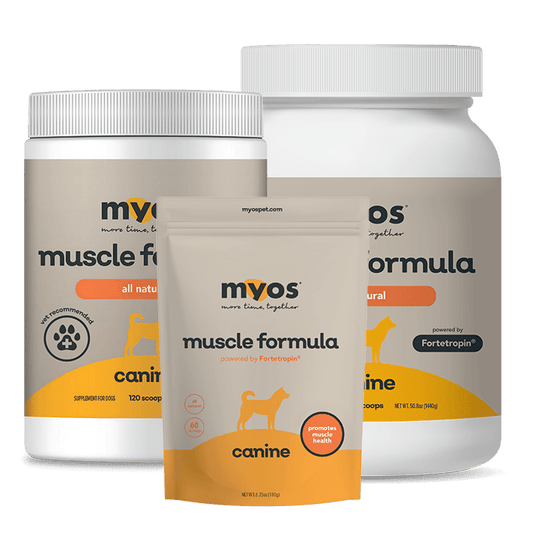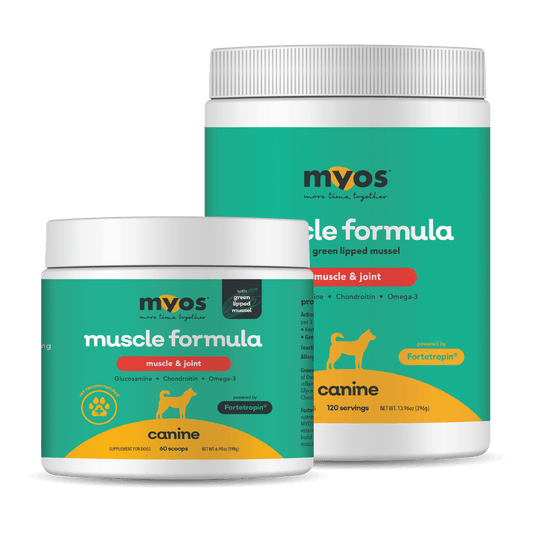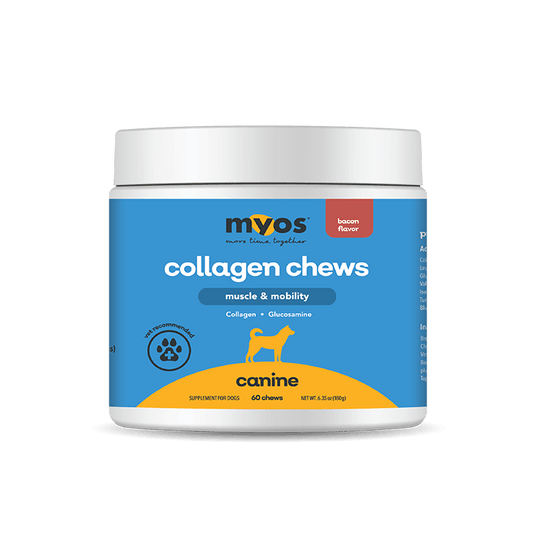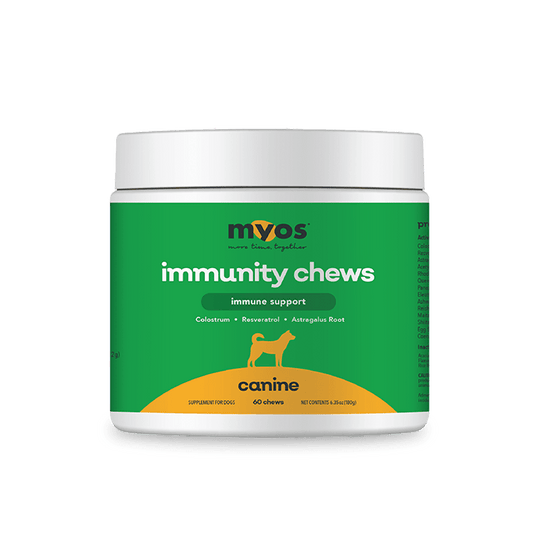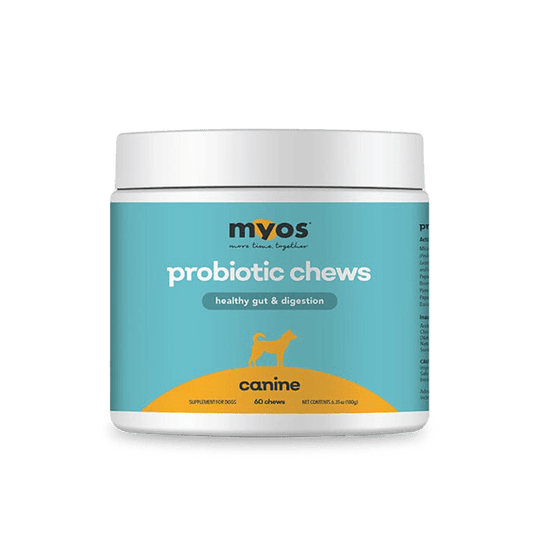We know how stressful it can be when your pup has an injury that may require surgery. From diagnosis to recovery, there are a lot of decisions that you need to make in your pup’s best interest.
One of the most challenging stages comes post-surgery, when your dog is in the recovery process. Some dogs need to have reduced mobility and we all know trying to keep a pup from moving around can be challenging.
One of the most common side effects of a dog recovering from surgery can be muscle loss, so this week we are going to examine some ways to prevent that from happening.
Preventing Muscle Atrophy in Dogs Post Surgery
For older dogs, recovering from surgery can be challenging. Even younger dogs can have a difficult time overcoming surgeries. Once you get your pup home, preventing muscle atrophy in dogs post-surgery can play an important role in their overall recovery.
What is Muscle Atrophy?
Muscle atrophy, also known as muscle wasting, in dogs can occur for a variety of different reasons. For instance, pain will lead to atrophy—if your dog injures a knee, for example, or has arthritis, then he/she is likely to be in pain. That pain can cause the muscle to not fully turn on, leading to weakness and atrophy.
Another reason is disuse. In canines, leg and foot surgeries are among those that require a prolonged recovery time. If your dog is limping and not using a limb, those unused muscles may result in atrophy over time. This scenario tends to happen because of an injury, surgery, or arthritis. On a larger scale, generalized muscular atrophy of the whole body could be due to restricted activity or crate rest post-surgery.
How Do I Help My Dog Prevent Muscle Atrophy Post Surgery?
Assuming your dog's muscle atrophy wasn’t caused by any underlying medical conditions prior to the surgery (a visit to the vet can rule that out), a regimen of proper recovery techniques (such as massage, hydrotherapy or physical therapy) and nutrition can greatly decrease a dog’s chance of developing muscular atrophy. Note: Always follow your vet’s directions when helping your dog recover after surgery.
In addition to daily nutrition and exercise, your veterinarian may also suggest a natural muscle-boosting supplement, MYOS Canine Muscle Formula®, to aid in muscle atrophy treatment. A first of its kind, MYOS Canine Muscle Formula has been shown to reduce muscle atrophy after surgery and improve the success rate of recovery after surgery.
When it comes time for recovery after surgery, use MYOS Canine Muscle Formula for the support your dog will need to recover faster.

